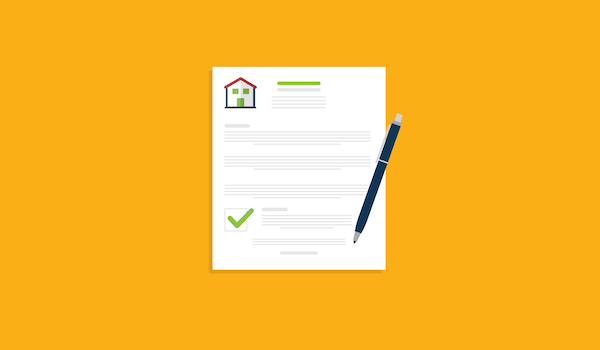The history of real estate leasing can be traced back to ancient times, when landowners would lease their land to tenants in exchange for a share of the crops or other forms of payment. However, the concept of a lease document as we know it today did not emerge until much later.
A Brief History of The Lease
In the Middle Ages, lease agreements were informal and often based on verbal agreements. As economies became more complex and land ownership became more concentrated in the hands of a few wealthy folks, written lease agreements became more common. Real estate leasing became an important part of the emerging capitalist economy during the 18th and 19th centuries, and the growth of industrialization and urbanization saw properties being leased for both commercial and residential use.
In the United States, the first standardized lease form was developed by the National Association of Real Estate Boards (now known as the National Association of Realtors) in 1916. This form was designed to provide a standardized agreement for residential leases and to protect both landlords and tenants by outlining their rights and responsibilities. Over time, lease documents have evolved to reflect the changing needs of landlords and tenants.
Though they can be complex and specialized depending on the situation, leases are an important part of our industry and help promote transparency and fairness in real estate transactions. This is why we strongly encourage our residents to read and understand their lease documents.
Get to Know Your Lease
As a renter, your lease is an important document. By understanding your lease, you can avoid misunderstandings and ensure a positive rental experience. We put a lot of effort into making sure our leases are clear and understandable for all of our residents. That said, we always want to go above and beyond in promoting transparency so everybody’s on the same page. Here are ten things to know about your lease with Atrium:
- Rent is due on the 1st of every month. A 5% late fee will be applied if rent is not received by close of business on the 3rd day of each month.
- We recommend using our online portal to pay your rent. If rent is paid via personal check, money order or cashier’s check, you will be charged an additional $10.00 manual payment processing fee.
- You’re required to provide a written notice of vacating even if your lease term is ending.
- Please check with our office before you bring a pet into your home. Some rentals do not permit pets and there may be fees associated with adding a pet. (We love pets, we just want to make sure you’re aware of all the things.)
- You’re required to have insurance during your tenancy. You may obtain insurance through a company of your choice or we will provide the necessary insurance for $15.50 per month.
- If you want to add or remove someone from your lease agreement, please notify us to get approval for that.
- Smoking is not permitted inside any premises. Smoke-free is how we do.
- Washers and dryers are not warrantied for repair or replacement by the owner.
- Pest control is your responsibility. Florida has a lot of bugs, so do all you can to keep them at bay.
- You’re responsible for any repair or warranty service call $100 or less in cost. All service requests must be submitted through our Property Meld system.
There’s more to our leases, but those are the 10 most important things to keep in mind. Again, the goal is to make sure all of our clients are protected — both our owners and our residents. If you ever need a copy of your lease contract, please reach out to your Leasing Coordinator and we’ll be glad to provide a copy.
And if you know of anybody looking for a rental — or someone who has a rental and is in need of a trusted management partner — don’t hesitate to send them our way. Always here to help.


